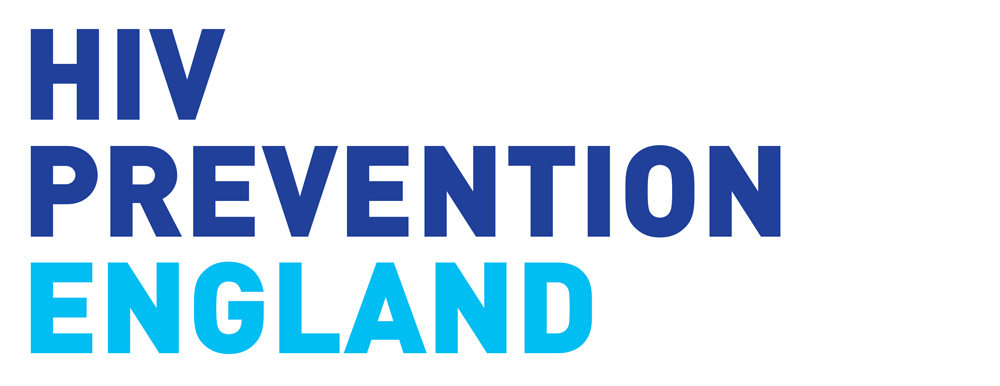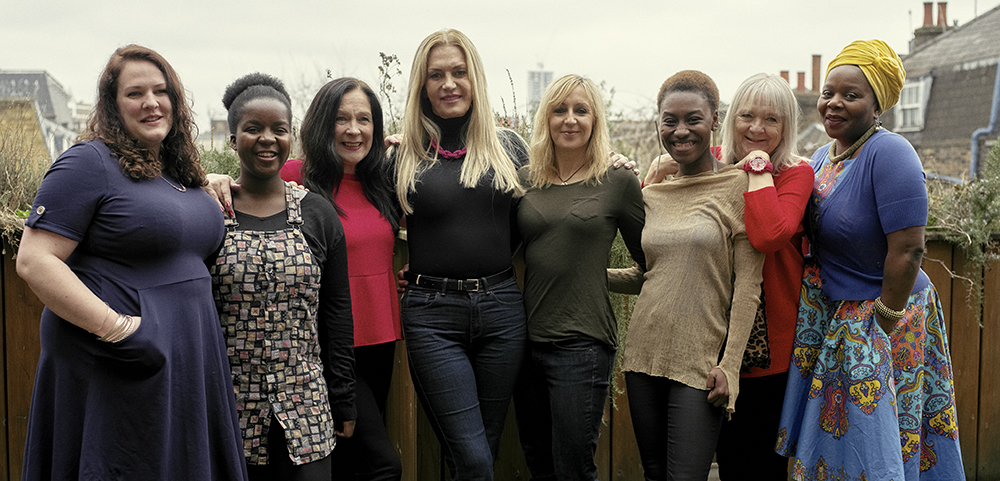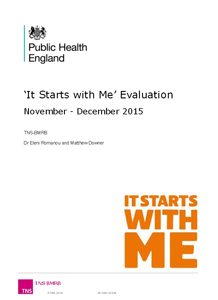
In 2016, 42% of people were diagnosed with HIV late in the UK – and late diagnosis leads to a tenfold increase in mortality compared to those diagnosed promptly (Public Health England (PHE), 2016). People outside London, of black ethnicity and those over 50 are most likely to be diagnosed late (PHE, 2017).
A key priority of the national HIV prevention programme (HPE) is to reduce late diagnosis by increasing HIV prevention and testing among GPs and other primary care providers. To achieve this, we have launched a new GP Engagement Strategy [PDF] which outlines the activities and approaches which we will adopt.
The average adult visits their GP at least three times a year (The King’s Fund, 2016). In contrast, the last national survey of sexual attitudes and lifestyles (Natsal-3) found that (Tanton et al, 2018):
- As few as 4.9% of sexually active adults attended a sexual health clinic (SHC) in the last year.
- More than 80% of those who reported having condomless sex had not attended a SHC in the last year.
- 65% of men and 77% of women who had never been to a SHC were more likely to seek treatment from their GP instead.
Despite the challenges associated with delivering HIV testing and prevention interventions in primary care, GP-based HIV testing and prevention is essential for many reasons, not least that the national guidelines strongly recommend increased GP testing in areas of high and very high prevalence of diagnosed HIV.
HPE will provide significant opportunities to support GPs and primary care practitioners, through National HIV Testing Week, providing free patient resources, information briefings for professionals, and providing sector development training events.
Download the briefing
HIV Prevention England GP Engagement Strategy [PDF]
Get involved
HPE provides resources and training. If you work in primary care:
- Take advantage of our free patient resources.
- Sign-up to our monthly newsletter to keep up-to-date with our latest news and events (complete the form opposite).
Forthcoming events
HPE will be attending the Royal College of General Practitioners (RCGP) Annual Primary Care Conference & Exhibition in October, we welcome delegates to visit our stand in the exhibition space to talk to us about our work.
In late October we will be hosting two events for GPs and people working in primary care on pre-exposure prophylaxis (PrEP) and HIV testing in both London and Manchester. Contact us if you would like to register your interest.
National HIV Testing Week starts Saturday 17 November 2018.


